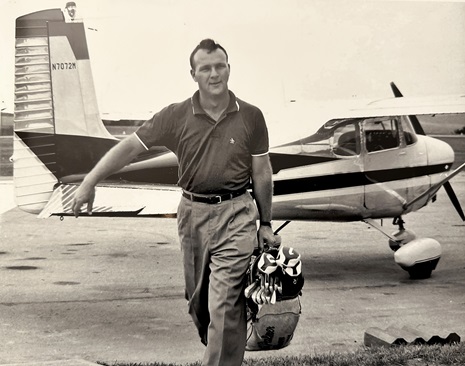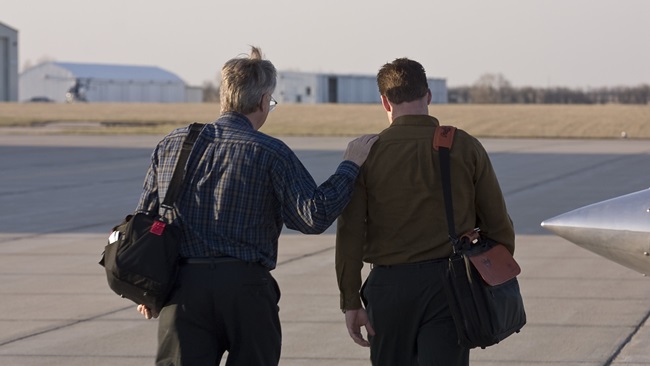
Gary Crump
- Director, AOPA Pilot Information Center Medical Certification Section
- 28 years assisting AOPA members
- Former Operating Room Technician, Professional Firefighter/Emergency Medical Technician
- Pilot since 1973
Stress, illness, inconsistent sleep habits, anxiety or other mental symptoms, jet lag, or an underlying sleep disorder are common symptoms that require periodic medications to promote a good night’s sleep. As with any discussion about the FAA’s medication policy, one has to consider not only the medication itself and the potential aeromedically adverse side effects that may occur, but the underlying medical condition for which the medication is prescribed.
A case of “occasional sleeplessness” that is not chronic and requires “occasional use” of over the counter or prescription sleep medications is not likely to attract the FAA’s attention as long as there is a good status report from the treating physician describing the need for the medication.
For those “occasional sleeplessness” situations, the FAA allows a small number of prescription drugs, including Zolpidem (Ambien) and Zalephon (Sonata), both of which are non-benzodiazepine hypnotics that can be used no more than once or twice a week. Both medications are allowed with a warning for no flying for at least 12 hours after use.
Lunesta (eszopiclone), also classified as a sedative but with a longer half-life, requires at least 30 hours wait before flying.
Learn more about the AOPA Pilot Protection Services program and enroll today.
Gary Crump, AOPA's director of medical certification, is a former operating room technician and emergency medical technician who has been assisting AOPA members for more than 25 years. He's also a medical expert for AOPA's Pilot Protection Services and has been flying since 1973.
To continue reading, please log in or join AOPA now to have access to these exclusive expert resources.
It is no big surprise that most Americans don’t get enough sleep. In fact, the Centers for Disease Control and Prevention (CDC) calls insufficient sleep a public epidemic. A 2009 study reported that between 36 percent and 44.6 percent of adults reported unintentionally falling asleep during the day in the past month.




